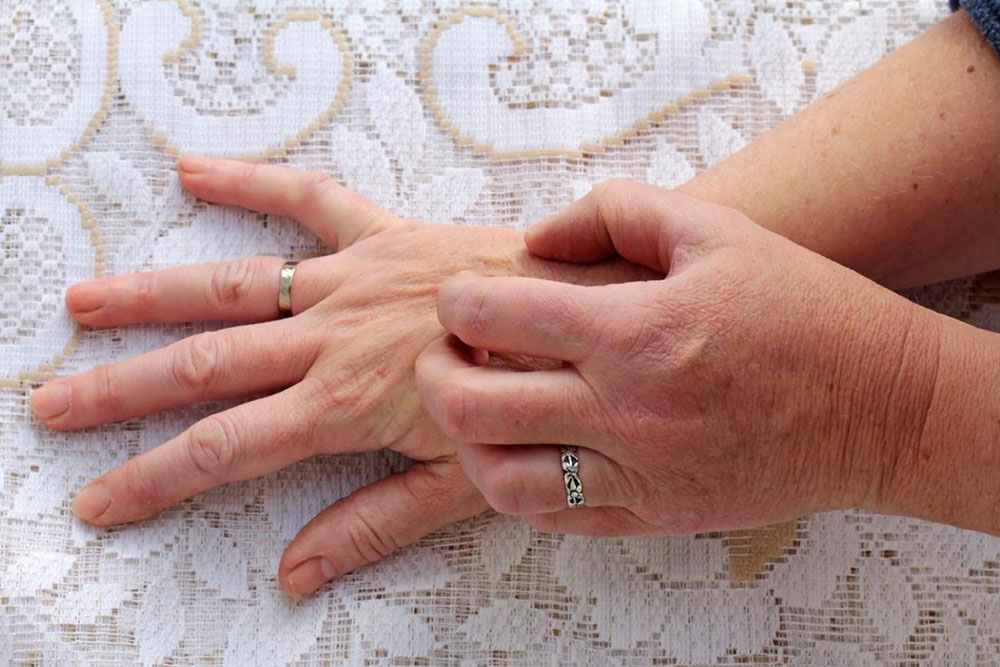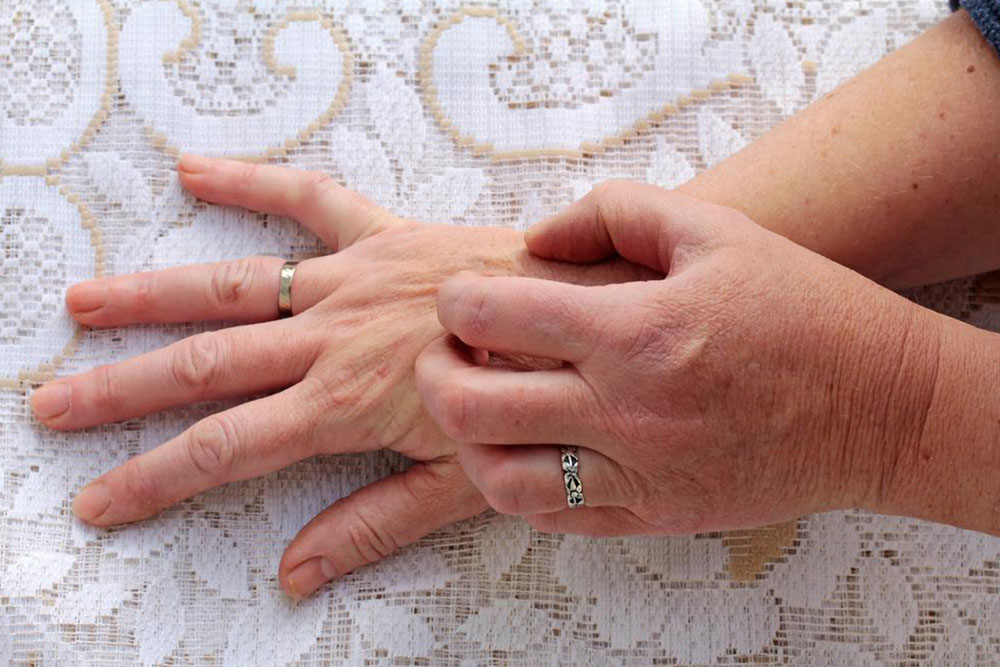Effective Strategies to Prevent and Treat Traveler's Diarrhea
This guide provides essential tips on preventing and treating traveler’s diarrhea, emphasizing hygiene, safe food practices, and dietary precautions. Learn effective ways to stay healthy while traveling and avoid uncomfortable digestive issues caused by contaminated food and water. Staying informed and cautious can ensure a hassle-free journey.

Effective Strategies to Prevent and Treat Traveler's Diarrhea
Traveler's diarrhea often results from poor hygiene or consuming contaminated food and water while abroad. Food intolerances, such as lactose intolerance, can also trigger this condition if dairy products are ingested. Persistent or severe diarrhea lasting over four weeks is considered chronic and requires medical attention. Medications, viral or bacterial infections, intestinal disorders, or even physical activity like running can also cause diarrhea. Notably, runner's diarrhea occurs during or after exercise, although its exact cause remains unknown.
Preventive measures differ from treatments. For example, eating leafy greens supports overall health but may worsen diarrhea during an episode. To avoid traveler’s diarrhea, one should be cautious with food choices, especially when traveling, and avoid contaminated water and unpasteurized products. Drinking bottled or filtered water, avoiding street vendors, thoroughly cooked meats, and steering clear of high-fat, greasy, or sugary foods can significantly reduce risk. Limiting caffeine and alcohol is also recommended during episodes. By maintaining proper hygiene and being mindful of food and drink quality, travelers can prevent discomfort and stay healthy.
Traveler's diarrhea is a common concern for travelers, often caused by consuming contaminated water or food. Proper precautions such as drinking bottled water, avoiding street vendors, and choosing well-cooked foods help prevent it. During outbreaks, sticking to a bland diet and avoiding dairy, caffeine, and alcohol can aid recovery. Awareness and hygiene are key to enjoying travel without health issues related to diarrhea.







